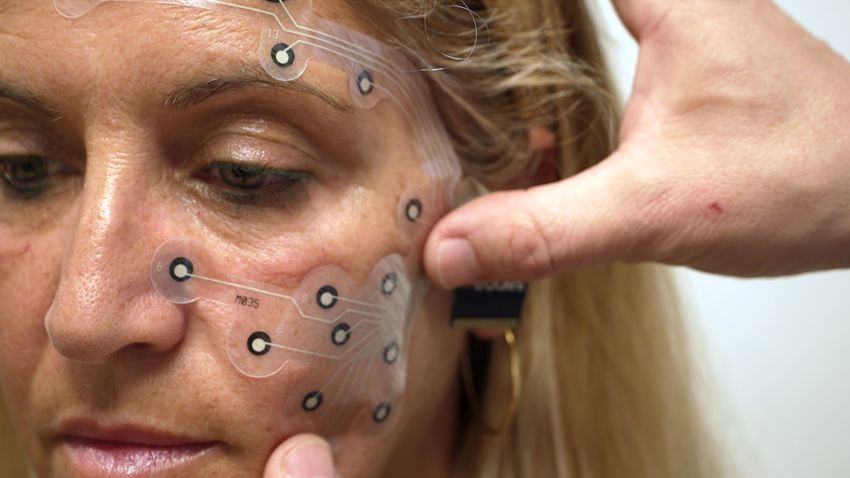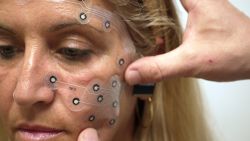We spend around a third of our lives asleep. At least, we’re supposed to. In reality, many of us aren’t getting enough sleep — in a global study conducted in 2020, over a third of adults reported sleeping problems, exacerbated by the Covid-19 pandemic.
There are around 80 different kinds of sleep disorders, including insomnia, sleep apnea and restless leg syndrome, according to the Cleveland Clinic.
But for doctors to diagnose most of them, patients usually need to go to a clinic and undergo a sleep study. Typically, a technician tapes or glues dozens of sensors to the patient’s head and body. The sensors are connected by wires to a computer, which sends data to the technician, who monitors the patient from a nearby room.
Israeli startup X-trodes is hoping to change that. Founded in 2020, the company has developed a sleep tracker fitted with tiny sensors that sticks to the skin like a band-aid and can be used at home.
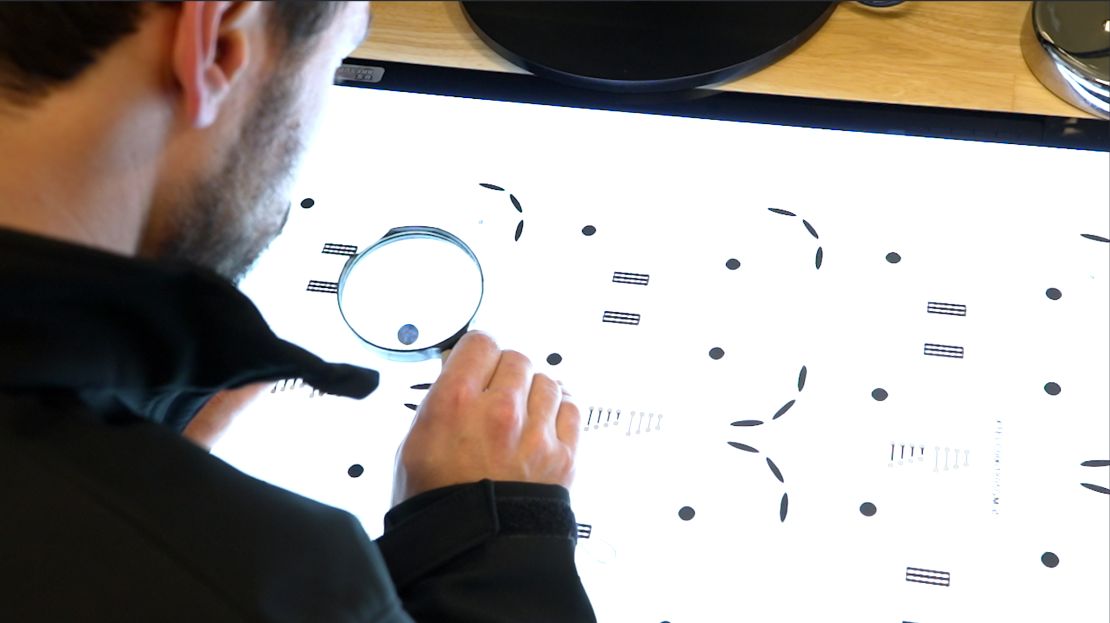
While at-home sleep tests for sleep apnea are relatively common, they typically only measure breathing patterns. X-trodes’ sensors pick up electrical activity in the body while you sleep, including muscle activity, eye movement and brain waves — data you can currently only get in a clinic, according to the company.
Sleep easy
“What we have developed at X-trodes are comfortable, soft, flexible, dry electrodes,” says co-founder and CEO, Ziv Peremen, adding that unlike a typical clinical test, the tracker is wireless, so “you can sleep in whatever position you like.”
The tracker sends the data to a smart device. X-trodes’ software analyzes it and generates a report, which doctors can use to investigate the patient’s sleep problem.
X-trodes raised $4.5 million in funding in October 2021, and is now pursuing approval for the technology from the US Food and Drug Administration. If that goes well, the company hopes to start selling the device to sleep clinics in 2023.
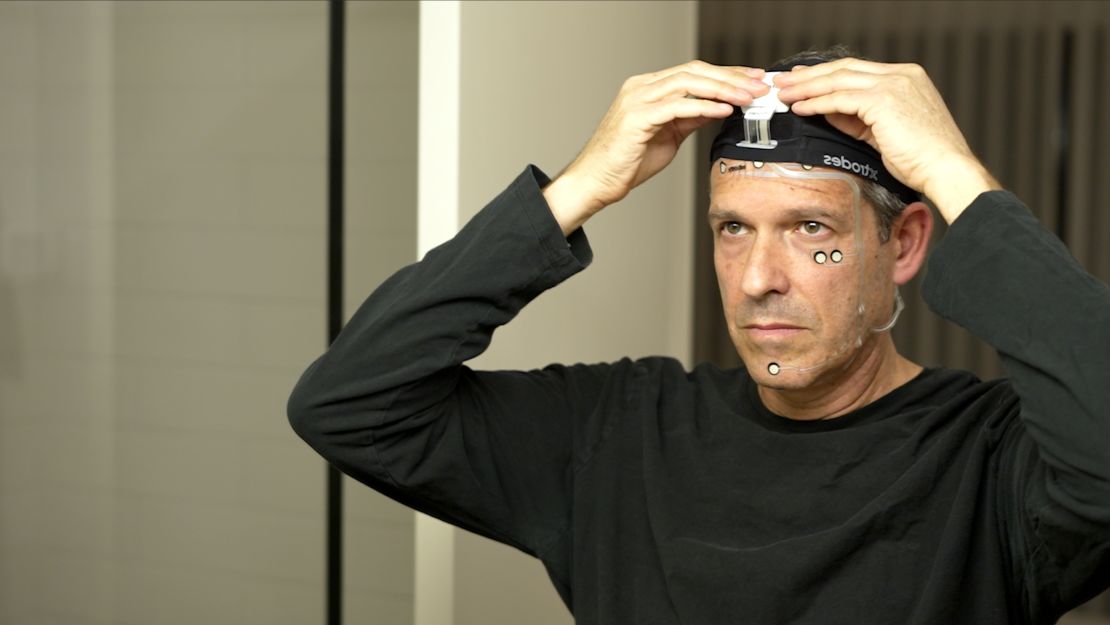
The device can also make sleep testing cheaper, Peremen says. The cost of a basic in-lab sleep study in the United States starts from around $5,300, according to non-profit FAIR Health, which publishes healthcare claim prices. By removing the need for a technician and overnight stay, X-trodes’ solution will cost around a tenth of the price, Peremen tells CNN Business.
A home test can also lead to more accurate results than one in a clinic, according to Peremen. “You can take into consideration all the other factors — sometimes it’s your partner, sometimes it’s room temperature, external noise and so on.”
The science of sleeping
Better data could also help scientists understand more about sleep, and the link with brain health, emotional wellbeing and chronic conditions. This field of medicine is still relatively new, according to Rebecca Robbins, an instructor in medicine at Harvard Medical School.
“We’re uncovering some of the longer-term implications of sleep,” says Robbins.
Peremen says X-trodes has already sold a version of its technology to 40 research groups — at a cost of $10,000 per kit — to help them study sleep patterns.
That includes rapid eye movement (REM) sleep behavior disorder (RBD), where patients appear to act out their dreams during REM sleep. RBD is an early predictor of Parkinson’s and other neurodegenerative diseases, but occurs unpredictably: for some patients, just once a month.
“Once you have a solution like X-trodes, that you could wear for several nights in a row, you dramatically increase the chance of catching this pattern,” Peremen says.
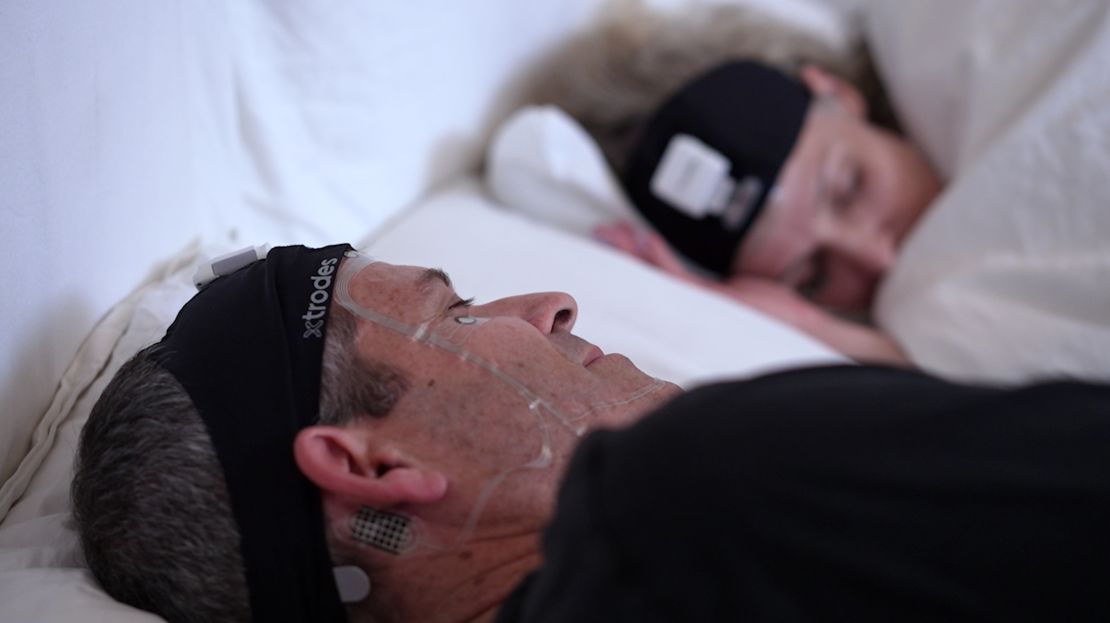
But for many at-home sleep trackers on the market, including those that measure how long you sleep and how much REM sleep you’re getting, accuracy remains hard to prove, experts say, especially as our understanding of sleep continues to evolve.
“We currently don’t have a standard to evaluate and endorse the level of accuracy that we accept for a device,” says Massimiliano de Zambotti, a neuroscientist at non-profit research institute SRI International who leads validation studies of wearable sleep technologies.
A “gold mine”
This hasn’t stopped the demand for tracking gadgets; the sleep technology market was worth $12 billion in 2020, according to market research company, Pitchbook.
Robbins recommends that companies partner with scientists “to make sure that their algorithms are scoring sleep correctly and are giving information back to their consumers that is accurate.”
X-trodes is currently validating the technology with researchers, Peremen says.
In the long-run, the company wants to offer trackers directly to consumers, interpreting their sleep habits over time and recommending ways to improve their sleep.
“Sleep is a gold mine for understanding our health,” Peremen says.
— Rachel Crane contributed to this article.


